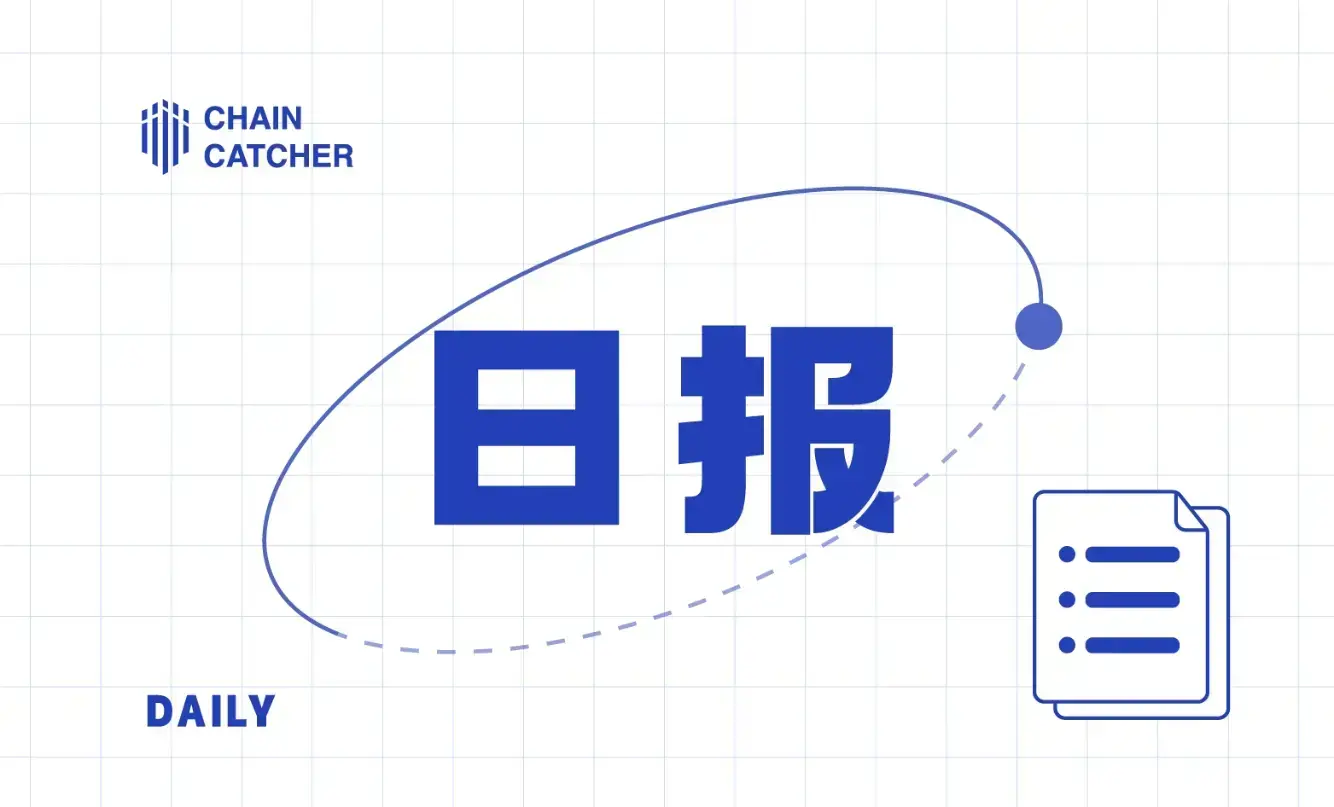The 3A chain game BigTime rises to fame, but cannot escape the "mining, withdrawing, and selling" vicious cycle
Author: Weilin, Hive Tech
Recently, the 3A blockchain game BigTime suddenly became popular, with preseason invitation codes even appearing on second-hand e-commerce platform Xianyu.
The catalyst for BigTime's explosive popularity is the astonishing rise of its game token BIGTIME.
On October 11, BIGTIME was listed on cryptocurrency exchanges such as OKX, Bitget, and Coinbase, with an opening price of $0.01, creating a 265% increase within a week. In stark contrast to BIGTIME's market performance, the overall cryptocurrency market saw only a 2% increase in total market capitalization from October 12 to October 16.
While the market remained stagnant, BIGTIME's performance stood out, prompting market users to start paying attention to the game that supports it.
BigTime's gameplay is similar to that of "World of Warcraft" and "Diablo," where different characters can team up to battle. The difference from traditional games lies in the blockchain game's gold farming attribute, which allows players to earn game assets and cash them out through public trading markets; the in-game token BIGTIME is one of the assets that can be liquidated.
Seeing BIGTIME's surge, some people began to rush into the game.
Veteran players of blockchain games pointed out that BigTime has implemented some measures to stabilize its economic system, but it still hasn't broken free from the long-standing "buy NFT - complete tasks - earn tokens" "mine-extract-sell" model, which may lead to player earnings shrinking or even losses due to an overly strong seller's market for BIGTIME in the future.
BigTime Breaks Out, Entry Barrier Rises
BigTime has become popular, but it is not a new blockchain game; it was launched back in April 2021. Although it is not a new game, BigTime's preseason started on October 11, and participating players first need an invitation code.
In a short period, this game has sparked a "hard-to-get code" frenzy, with players inquiring for information on Twitter and Discord communities. On the domestic second-hand idle e-commerce platform Xianyu, many sellers of BigTime invitation codes have appeared, with prices ranging from 99 yuan to 150 yuan.

Big Time invitation code sellers on Xianyu
In terms of gameplay, BigTime is similar to "World of Warcraft" and "Diablo," with a time-travel theme. Unlike traditional games, it is an MMORPG that connects an economic system to the Ethereum blockchain network.
The game features four classes: Warrior, Mage, Priest, and Shadow Blade, supporting up to 6 players in a team. Players can fight alongside other classes to defeat monsters in the game and obtain valuable loot.
The entire game project was established by Ari Meilich, a co-founder of the well-known Web3.0 metaverse Decentraland, who assembled an all-star team for BigTime, with many developers coming from top gaming companies like Epic Games, Blizzard, EA, and Riot, having participated in the production of titles such as "Fortnite," "Grand Theft Auto," "Call of Duty," and "Overwatch."
It is worth mentioning that the game officials pay great attention to Chinese players, with over 10,000 people in their WeChat group, recently organizing a Chinese online AMA, and even holding offline gatherings last year.
With strong development capabilities backing it, BigTime continues the quality of Web2 3A games, featuring beautiful graphics and smooth actions, making it a premium offering in the blockchain gaming space. Coupled with the significant rise of the game token BIGTIME, its appeal has begun to spread from the gaming community to cryptocurrency speculators.
After the preseason began, many people rushed in for gold farming opportunities, but they also found that the entry barrier for BigTime is quite high.
One player stated, "Now a new account costs around $900, with a sandglass recharge costing $200 per day, working 24 hours in three shifts (can earn) $120 in wages. Today (October 16), they adjusted the drop rates and rules again; now you can earn 2000 BIGTIME in 24 hours, with a daily income of 520. Not counting hardware, it takes at least 5 days to break even… assuming the price doesn't drop."
A player on Twitter bluntly said, "The game is too grindy, 18 hours of grinding a day," and the entry barrier is at least $2000, with a payback period possibly taking ten to twenty days. "It's too hard to play without someone to guide you in the early stages; the entry barrier is too high," this player believes that newcomers who haven't entered yet are not advised to join.
Not long ago, the withdrawal rules for BigTime's game assets added a KYC requirement. Some players found that KYC verification takes 3 to 7 days, and some believe that BigTime has started "hunger marketing" after becoming popular.
Although the officials later improved the speed of KYC withdrawals, players circulated that the officials adjusted the drop rates of important items, "Initially, you could break even in one day; now it takes four to five days."
Additionally, some players uploaded videos showing that BigTime experienced map-hacking cheats shortly after its launch. Some reported that bugs in the game are also rampant, such as being unable to enter personal metaverses, losing sandglasses produced by time guardians, and losing time crystals when opening slots, etc.
However, judging by the online demand for "invitation codes," there are indeed many players rushing into the game due to the soaring price of BIGTIME. But can this game really be played mindlessly?
Two Market Makers Hold 80% of BIGTIME's Circulation
The game token BIGTIME is the main target for gold farmers. The total supply of this token is 5 billion, theoretically generated entirely through in-game actions rather than traditional token issuance methods, and there has been no token sale aimed at investors. Currently, only 5% of the total supply of BIGTIME has been airdropped to players and traded on the open market.
According to the rules, players need five items to start gold farming in the game: Time Guardian, Time Sandglass, Slot, Time Crystal, and Metaverse Space.
After purchasing these five items, players can equip the "Time Guardian" in their personal Metaverse Space, then use "Time Crystals" to craft "Time Sandglasses." Once crafted, they can be placed in slots, and players continue to spend "Time Crystals" to recharge the "Time Sandglasses," which is how BIGTIME tokens are generated.
Of course, if you don't want to "spend money," you can also team up with other players in BigTime to complete dungeon tasks and defeat monsters, with the dropped skin materials also being sellable. After completing tasks, players may receive randomly dropped NFTs, which can also be sold.
However, the randomness of these NFT assets means that their return rates are far lower than those of BIGTIME.
The production mechanism of BIGTIME determines that its supply will largely depend on the distribution of the five in-game items, theoretically allowing the officials to control the drop rates to limit the output speed of BIGTIME, thus ensuring its stability and elasticity to some extent.
Even if the speed is limited, output is always output. Aiko, a member of Folius Ventures, pointed out in analyzing BigTime's economic model that the officials only designed a faucet for BIGTIME, but there are no essential slots in the game. "Basically, it's all about using cash to buy NFTs to earn BIGTIME, then dumping them on the secondary market to break even. BIGTIME has no strong consumption scenarios, only being 'mined-extracted-sold.'"
Analysts in the GameFi industry have pointed out that for a long time, blockchain games have been trapped in a vicious cycle, where gold farming (buy NFT - complete tasks - earn tokens) has created strong financial attributes, which not only subjectively and objectively weakens the playability of the game but also leads players to focus excessively on producing and selling tokens, forming the so-called "mine-extract-sell," "BigTime has not escaped this vicious cycle either."
For a blockchain game that combines economic benefits, if there is no more attractive design for token consumption, it will lead to the game ultimately having only one channel for monetization: selling tokens, "which directly leads to strong selling pressure on the game's main assets. In the secondary market, there are only sellers and no buyers. When the liquidity of an asset dries up, it will inevitably collapse."
In the secondary circulation market, the risks associated with BIGTIME are indeed significant.
According to data from CoinMarketCap, the current circulating supply of BIGTIME is 158 million, while the two potential market makers, Amber Group and FBG Capital, hold nearly 80% of the total circulating supply. They have significant bargaining power and operational space in the market.
It appears that new players rushing in for gold farming opportunities will not only face high costs due to player competition but also potential crises, namely the decline of BIGTIME.
Veteran players of blockchain games have warned that if the seller's market for BIGTIME becomes too strong, it will lead to player earnings shrinking or even losses. "So before entering, you must calculate the input-output ratio; otherwise, it might be better not to play."










